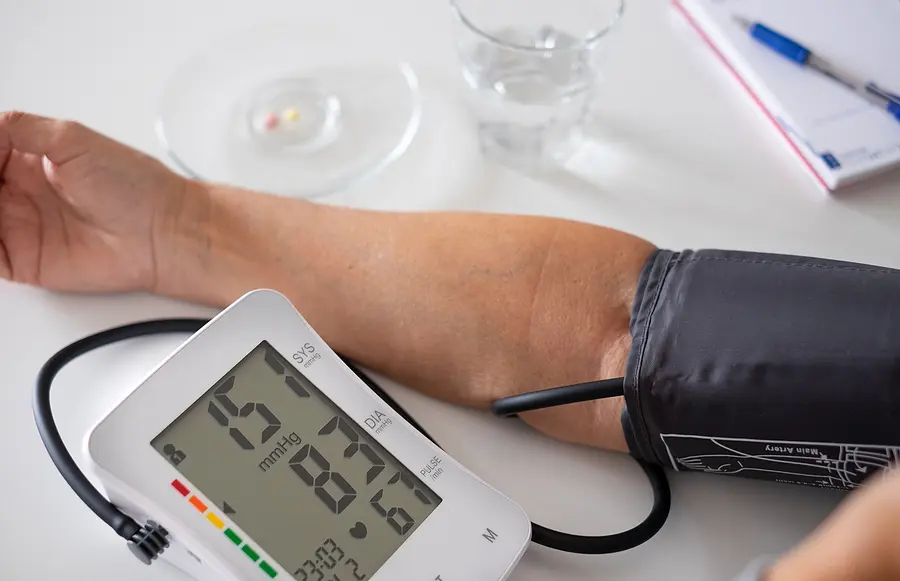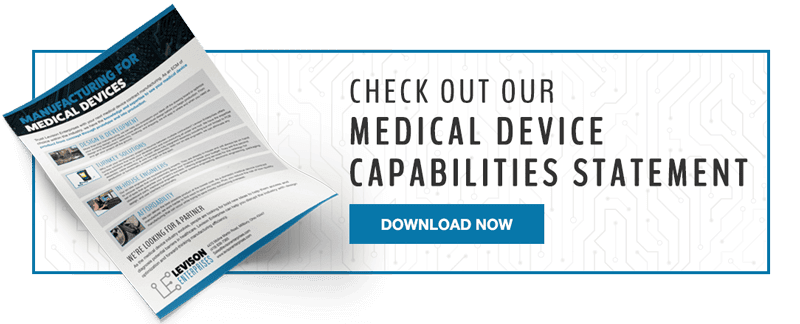How to Ensure Regulatory Compliance in Medical Device Manufacturing: Tips for Staying Compliant
Medical devices are heavily regulated – but for good reason. Patients expect their medical devices to be safe and effective. A medical device should never hurt them, but rather should improve their health. This is why medical devices need to be so highly regulated to ensure that they are in compliance. This provides the necessary assurance to medical professionals and patients that the device is safe. Because having high-quality, effective medical devices is in the best interests of patients, doctors, and manufacturers, having high regulations that reflect those standards is also important. If you are manufacturing a medical device, you already know you will need to adhere to FDA compliance before you take your product to market.

Understanding Regulatory Requirements
The FDA is responsible in the United States for assuring that medical devices are within compliance. To achieve FDA compliance, you need to prove that your device is safe and effective throughout the product life cycle. To address the development and production of high-quality medical devices as well as good manufacturing practices, the FDA has established QSR (Quality System Regulations). Most manufacturers who deal with medical devices should ensure that they are familiar with all the regulatory requirements in the QSR. The QSR is there to help manufacturers understand and achieve regulatory compliance.
Establishing Compliance Processes
When ensuring compliance with FDA regulations, the first step is creating a robust compliance framework, including developing procedures and policies to ensure adherence to all FDA regulations. The five phases of medical device compliance consist of discovery and concept, a pre-clinical research prototype, checks and tests to determine whether or not the device is on track for approval, the FDA review of the device, and the FDA post-market device monitoring. The FDA will continue to monitor all devices even after they are in use. An ECM who is experienced in medical device manufacturing and regulatory compliance will have full guidelines for every phase of your medical device development.
Selecting Reliable Suppliers and Materials
Traceability is crucial for obtaining and maintaining compliance in any industry, but particularly in medical device manufacturing. The risk of counterfeit components is real and can put the compliance of a medical device at risk. Any ECM who handles medical device manufacturing should have several vetted suppliers who can be relied on for high quality components. These vetted suppliers are trusted after the ECM has gone through the process of evaluating suppliers based on their compliance track record and certifications.
Documenting and Maintaining Records
In a highly regulated industry, the importance of comprehensive documentation for regulatory purposes is essential. A high-quality ECM in medical device manufacturing will have established effective record keeping systems to demonstrate compliance at every stage of the device’s development, manufacturing, and testing. By maintaining comprehensive documentation, your ECM can demonstrate that all medical devices meet the design specifications, user specifications, and regulatory requirements. During regulatory audits, the documentation will serve as clear, traceable evidence of compliance with FDA regulations, standards, and guidelines.
Ensuring Effective Quality Management
Quality management is always something an ECM will strive for in every industry, but implementing a quality management system (QMS) will also help to meet regulatory requirements. A strong quality management system will incorporate processes for monitoring, measuring, and improving quality through every stage of development.
Compliance is crucial to device reliability and success in medical device manufacturing. The FDA has the right initiatives in place to work with the manufacturing industry to identify concerns in medical device manufacturing to ensure compliance. When medical devices are within FDA compliance, the manufacturers and consumers are both set up for success in getting high-quality medical devices to the patients who need them. To learn more about our medical device manufacturing capabilities, or to get a quote on your next device, contact Levison Enterprises today.
